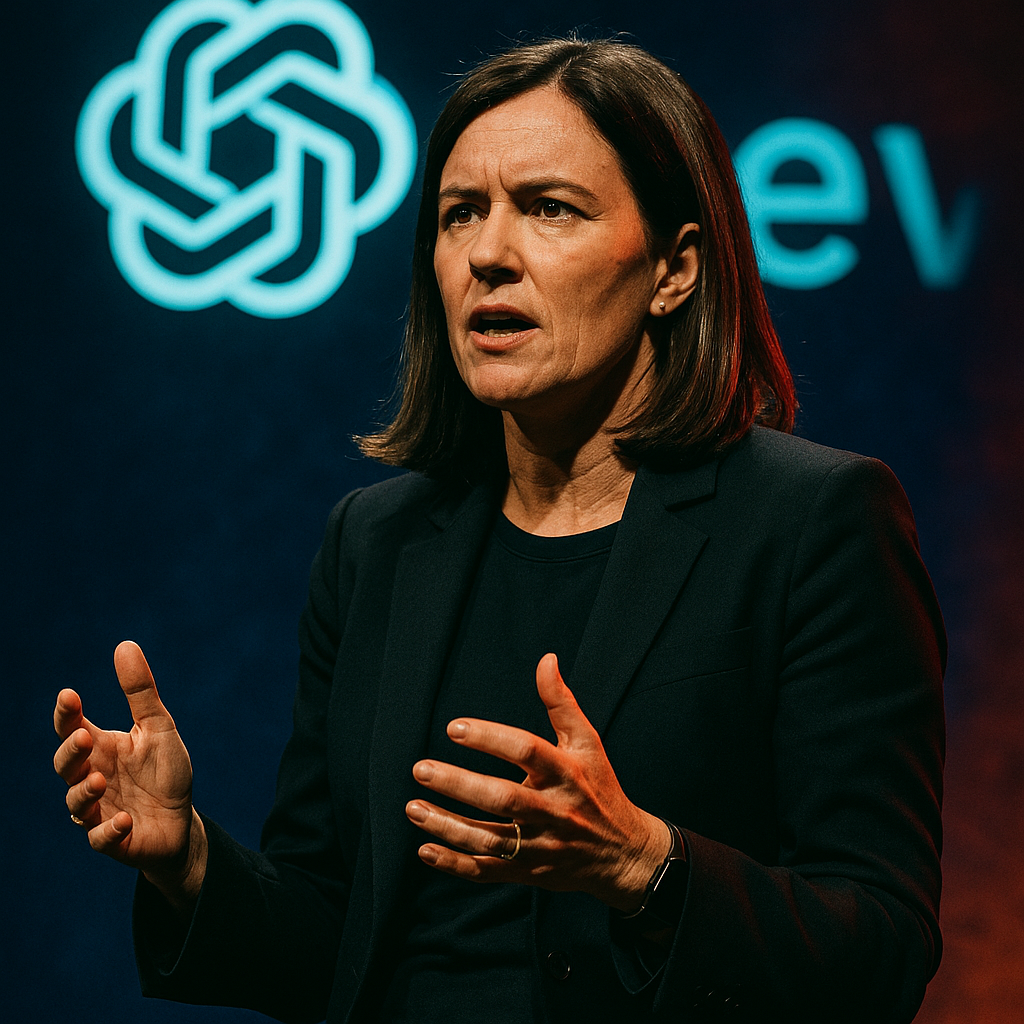AI Future Unveiled: Exploring ChatGPT’s Secrets and the AI Bubble Debate
Explore the future of Artificial Intelligence with insights on ChatGPT, skepticism about an AI bubble, and economic perspectives from industry leaders. Discover how these elements shape the landscape of tech innovations and economic policies.
The Rise of ChatGPT and Its Impact on Tech
The world of Artificial Intelligence continues to captivate our imaginations, and OpenAI’s ChatGPT stands at the forefront of this technological evolution. With its advanced natural language processing capabilities, ChatGPT has redefined conversations between humans and machines. This technology can provide immediate responses to a wide array of queries, offering an unprecedented level of interaction quality. As AI becomes more ingrained in daily life, many experts believe it will play a crucial role in transforming industries, enhancing productivity, and even unlocking new economic possibilities.
Artificial Intelligence enthusiasts often ask: What does this mean for the future of tech? The possibilities seem endless. Many believe that AI tools like ChatGPT could redefine customer support, marketing strategies, and educational technologies. As we integrate these innovations, the potential for streamlining operations and boosting efficiency across sectors is incredibly promising.
Is There an AI Bubble? Sam Altman Weighs In
However, with great innovation comes skepticism. The surge in AI developments has prompted some to question whether we are experiencing an AI bubble. Sam Altman, prominent in the AI landscape, provides a balanced perspective on this debate. He suggests that while there is undeniable enthusiasm and investment in AI, caution is advisable to prevent overvaluation and disappointment.
An AI bubble would imply an exaggerated value attributed to these technologies, potentially leading to market instability. Although AI offers numerous benefits, ensuring sustainable growth is essential. It requires acknowledging the challenges of integrating these innovations responsibly while fostering an environment where AI can reach its full potential.
The Economic Impact: Insights from David Zervos
Alongside these technological discussions, the economic implications are equally significant. Federal Reserve Chair hopeful David Zervos shares his insights into how AI intersects with economic policies, including tariffs and the intricacies of monetary policy. As AI technologies become economically embedded, understanding their influence on financial systems is critical.
For example, AI can enhance financial modeling, allowing for better-informed decisions in monetary policy. The dynamic interplay between AI innovations and economic measures can potentially reshape fiscal landscapes, influencing everything from international trade to local economies.
- AI integration in financial systems
- The role of AI in economic policy formulation
- Potential impacts on global trade and tariffs
Embracing the Future of AI
The fusion of technological advancement and economic insight paints an exciting picture for the future. As we stand on the brink of this new era, the collaboration between AI innovators, economists, and policymakers is key to unlocking potential benefits. The challenge lies in balancing innovation with pragmatic considerations to ensure a stable, prosperous future for all.
As you explore the world of AI and its implications, staying informed and engaged is vital. Continue to follow updates and discussions from leaders in technology and economics. Together, we can anticipate and shape the remarkable transformations that AI has in store for society. Stay curious, stay informed, and get ready to embrace the future.

Leave a Reply